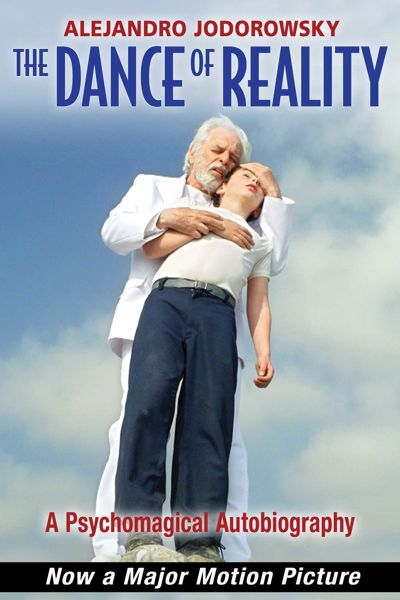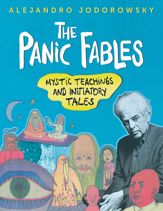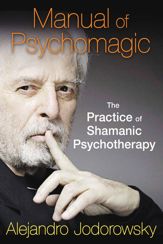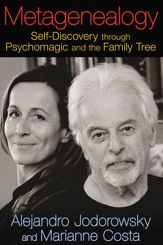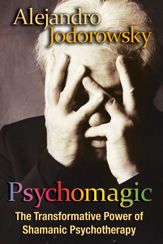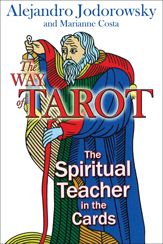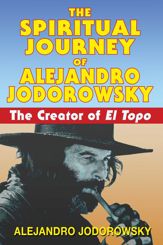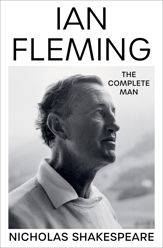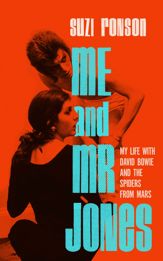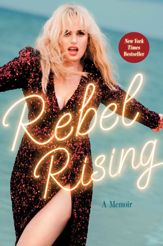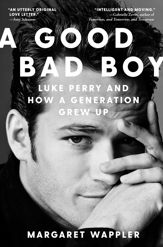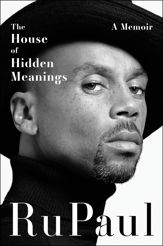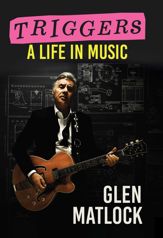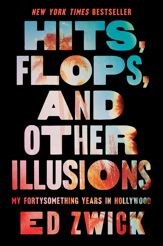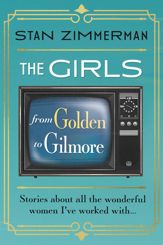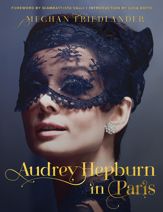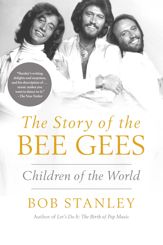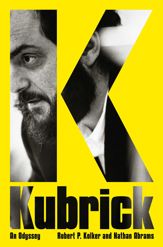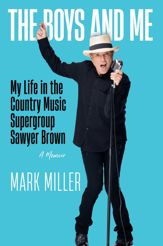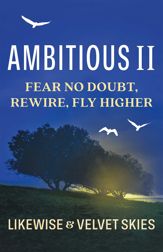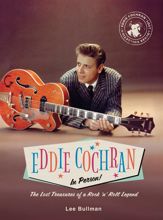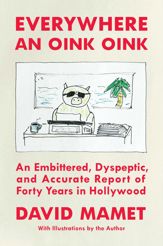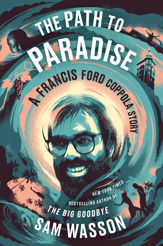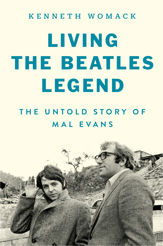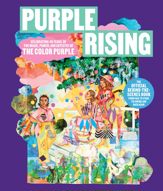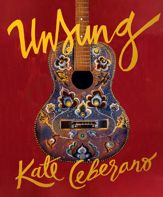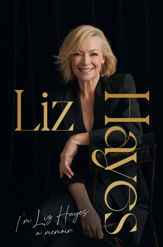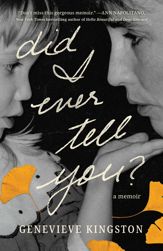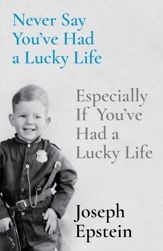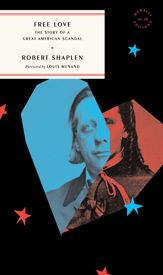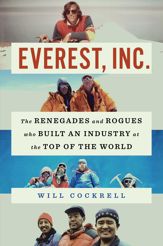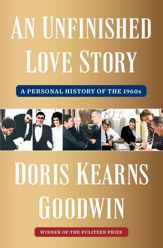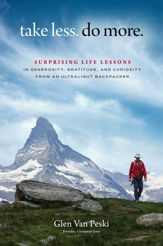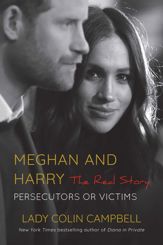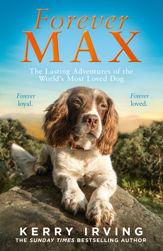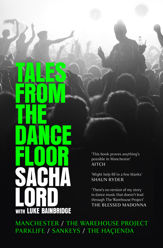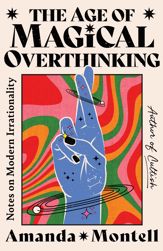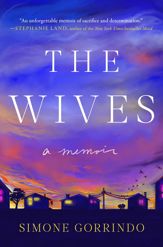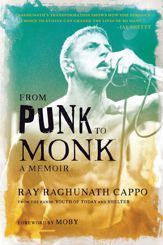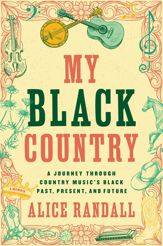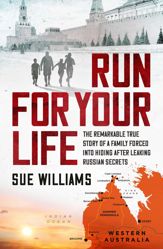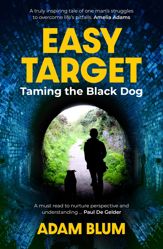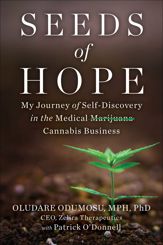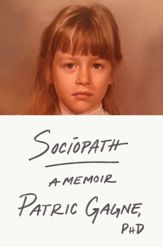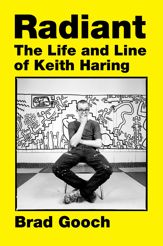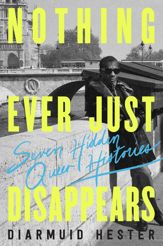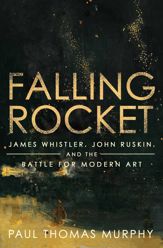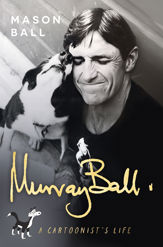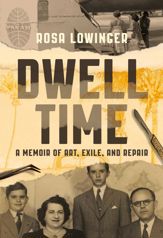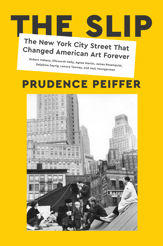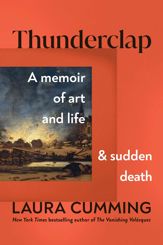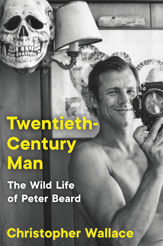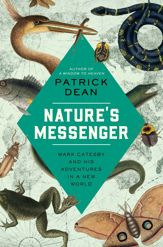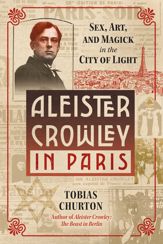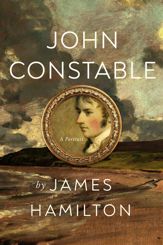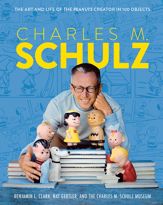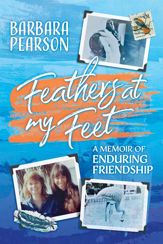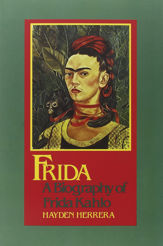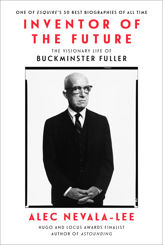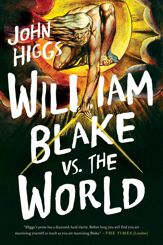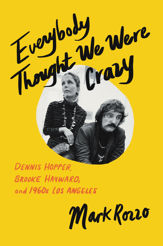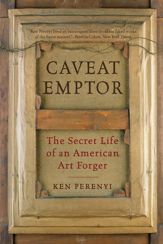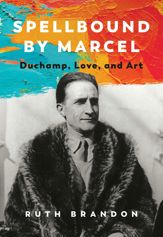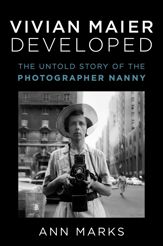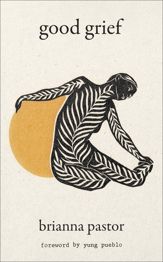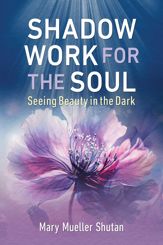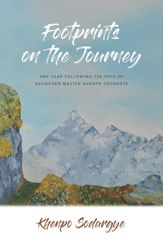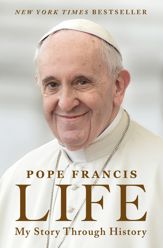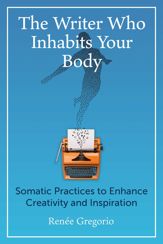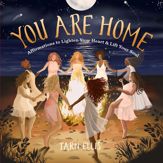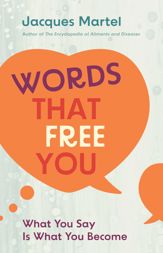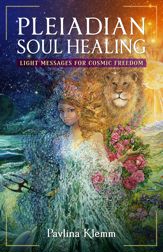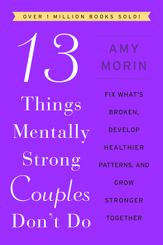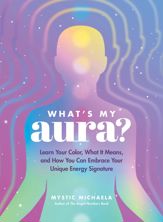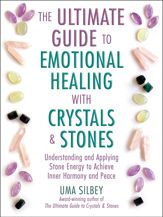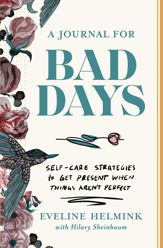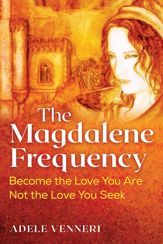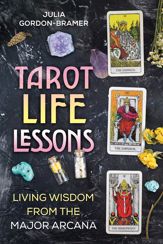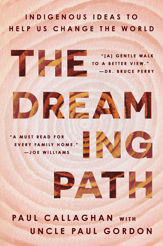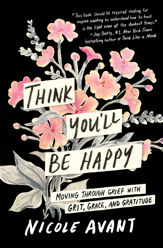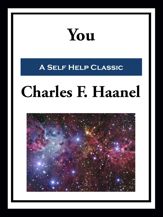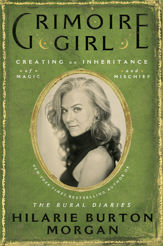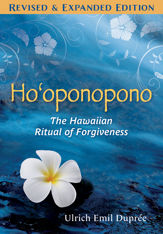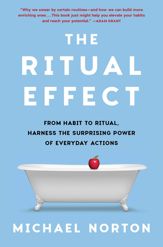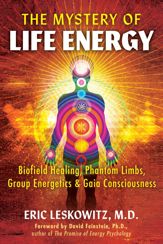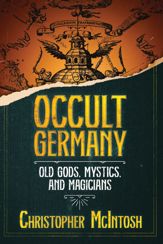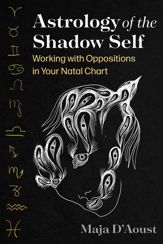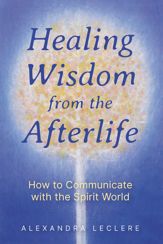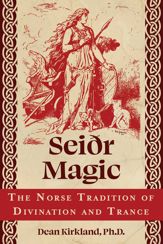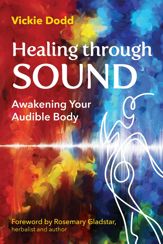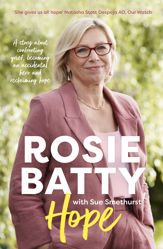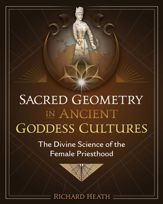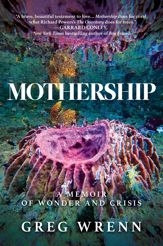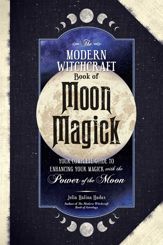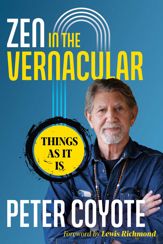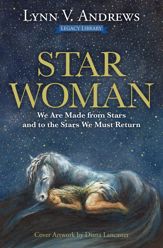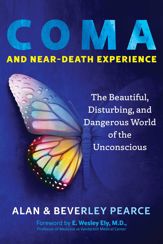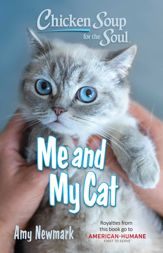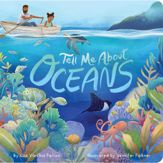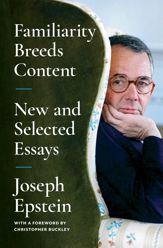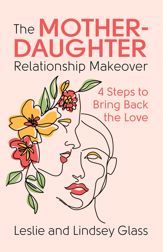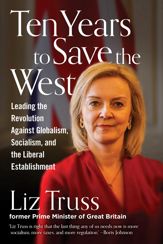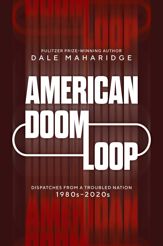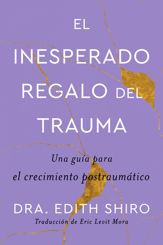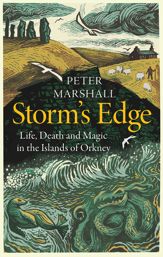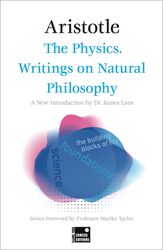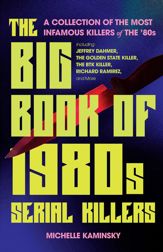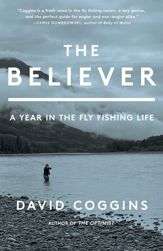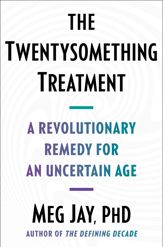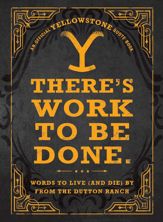“An autobiographical work by an octogenarian, The Dance of Reality begs to be read as a culminating work . . .”
Description
A glimpse into the mind and life of one of the most creative and enigmatic visionaries of our time, filmmaker Alejandro Jodorowsky
• Retraces the spiritual and mystical path Jodorowsky has followed since childhood, vividly repainting events from the perspective of an unleashed imagination
• Explores the development of the author’s psychomagic and metagenealogy practices via his realization that all problems are rooted in the family tree
• Includes photos from Jodorowsky’s appearance at the 2013 Cannes Film Festival and from the film based on this book, which debuted at Cannes
Retracing the spiritual and mystical path he has followed since childhood, Alejandro Jodorowsky re-creates the incredible adventure of his life as an artist, filmmaker, writer, and therapist--all stages on his quest to push back the boundaries of both imagination and reason.
Not a traditional autobiography composed of a chronological recounting of memories, The Dance of Reality repaints events from Jodorowsky’s life from the perspective of an unleashed imagination. Like the psychomagic and metagenealogy therapies he created, this autobiography exposes the mythic models and family templates upon which the events of everyday life are founded. It reveals the development of Jodorowsky’s realization that all problems are rooted in the family tree and explains, through vivid examples from his own life, particularly interactions with his father and mother, how the individual’s road to true fulfillment means casting off the phantoms projected by parents on their children.
The Dance of Reality is autobiography as an act of healing. Through the retelling of his own life, the author shows we do not start off with our own personalities, they are given to us by one or more members of our family tree. To be born into a family, Jodorowsky says, is to be possessed. To peer back into our past is equivalent to digging into our own souls. If we can dig deep enough, beyond familial projections, we shall find an inner light--a light that can help us through life’s most difficult tests.
Offering a glimpse into the mind and life of one of the most creative and enigmatic visionaries of our time, The Dance of Reality is the book upon which Jodorowsky’s critically acclaimed 2013 Cannes Film Festival film of the same name was based.
Reviews
“His films El Topo and The Holy Mountain were trippy, perverse, and blasphemous.”
“. . . The Dance of Reality [film is] a trippy but bighearted reimagining of the young Alejandro’s unhappy childhood in a Chilean town . . .”
“Beginning his unorthodox autobiography in Chile, where he grew up as the child of Russian Jews in exile, writer and filmmaker Jodorowsky sketches the squalor and desperation of his birthplace. It's here that the foundations of his spiritual liberation are laid in opposition to the violent deaths and poverty that surround him, as well as the brutal sadism of his father. His artistic pursuits from poetry to dance to theater, are also the pursuit of mystical understanding. As with his films (El Topo, The Holy Mountain), his style is vivid and dramatic, rich with symbolism. While his narrative concentrates on relatively few events, by this editing and highlighting he creates a tapestry that is both linear and complex. The author manages to craft scenes of intense surrealism while never losing sight of the human experiences of love, loss, fear, and wonder. The final chapters focus on how his ideas about creativity that he calls "psychomagic" can be actualized; for him, art is a means of freedom from what he calls 'the prison of the rational.'”
